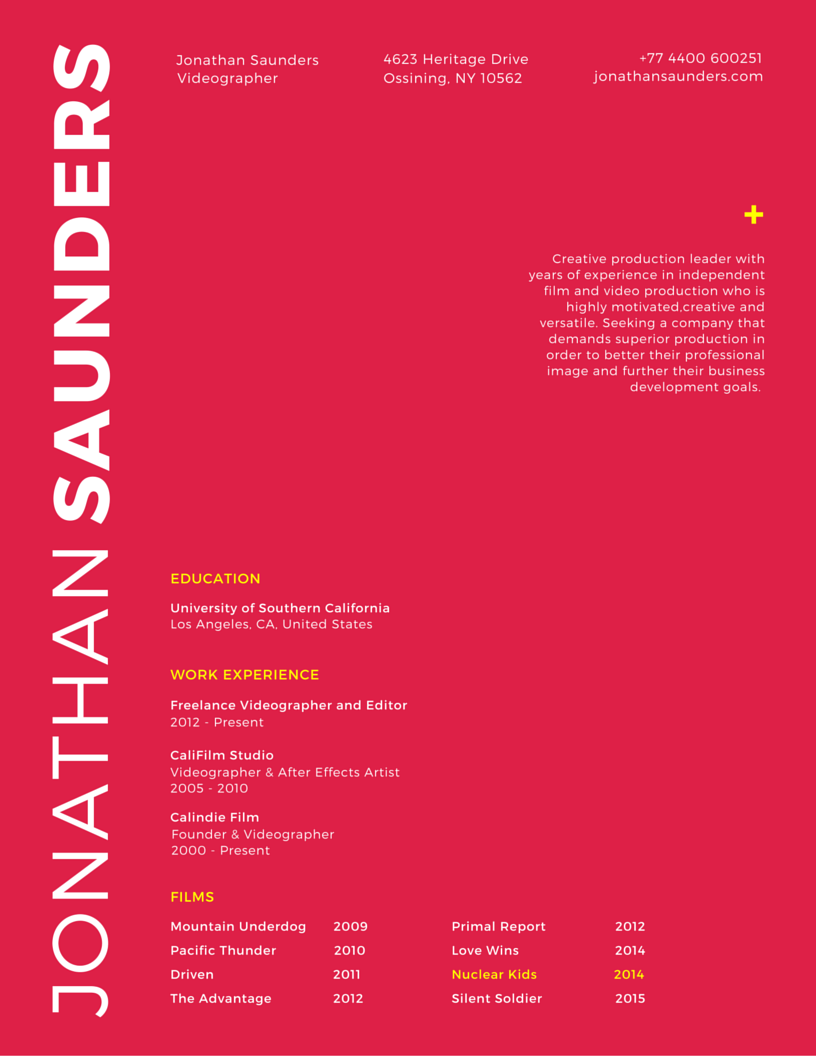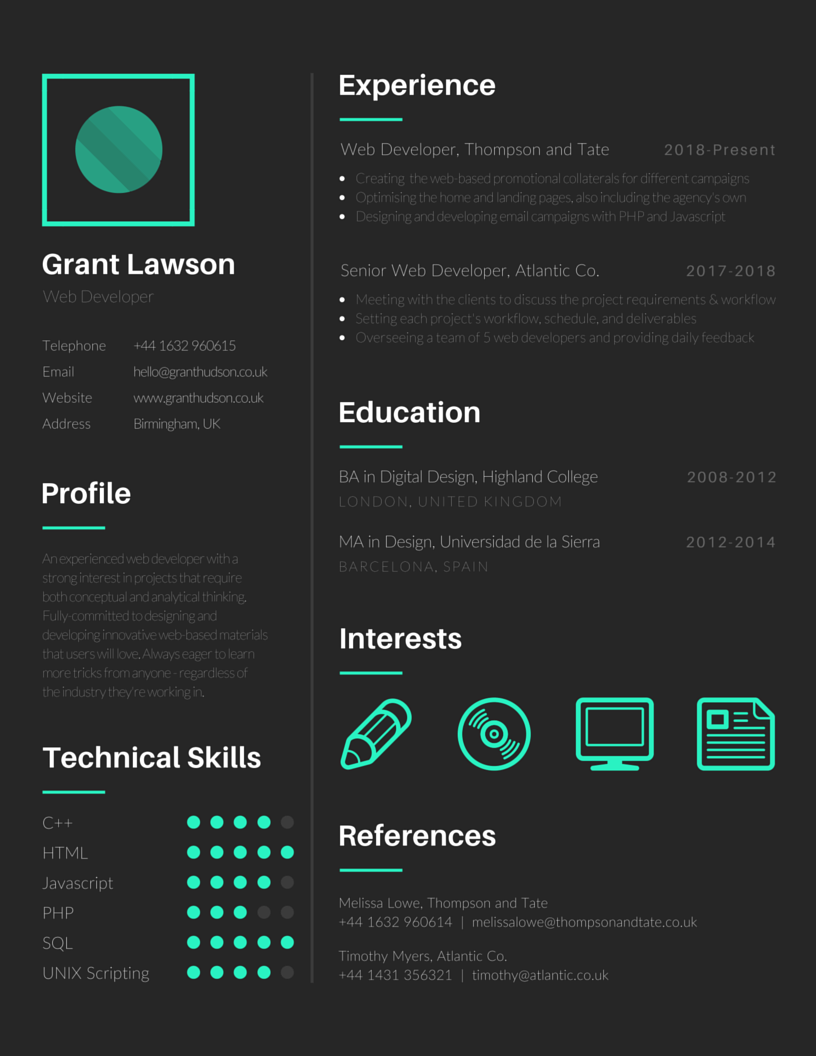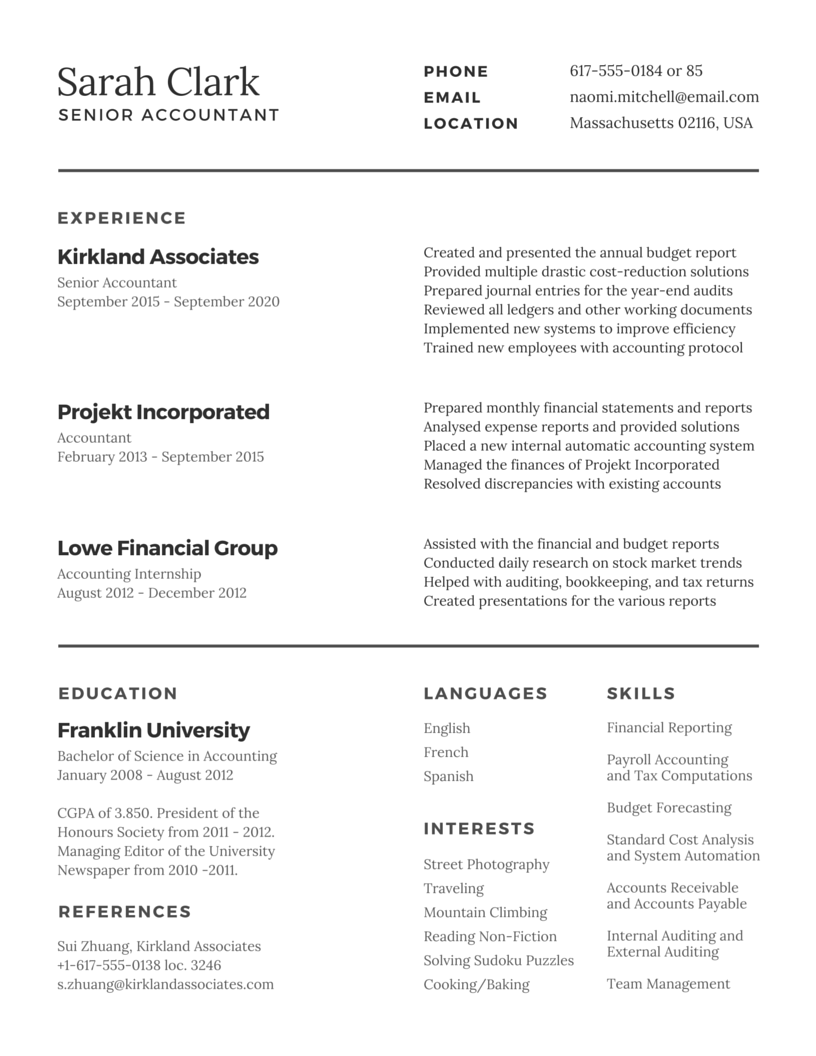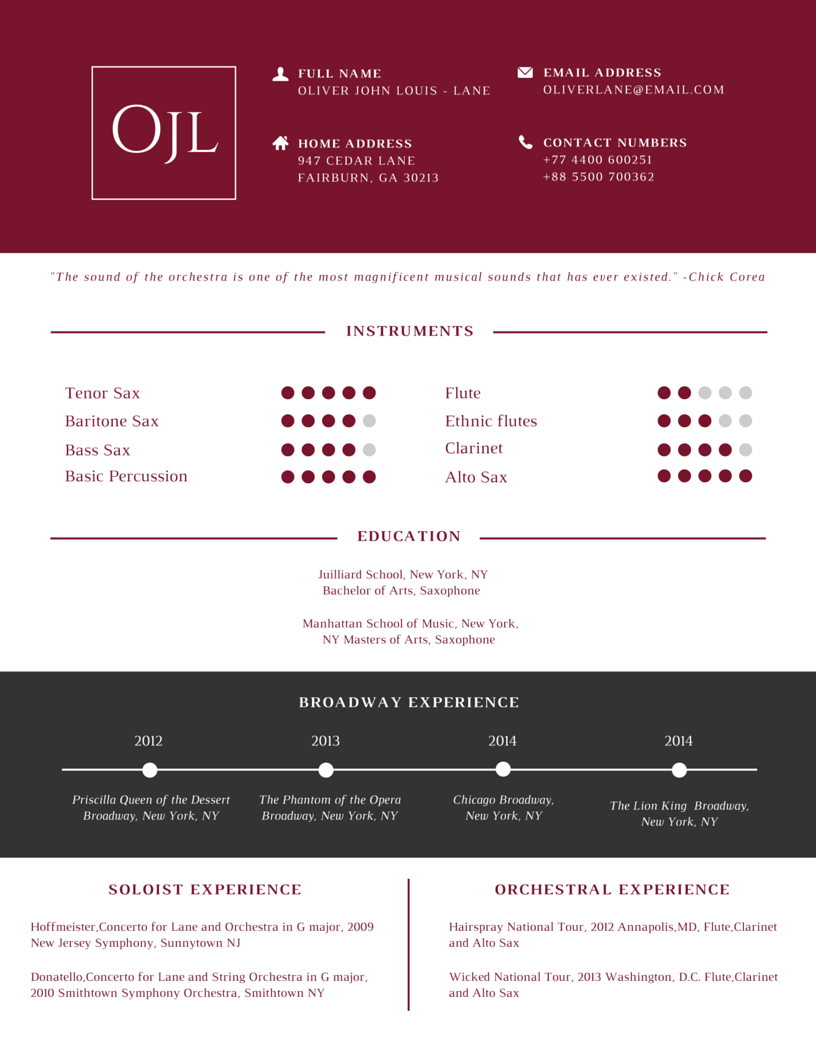This is Part 4 of 5 in the series, "The Four Skills Every Executive Needs to Practice".
In Part 1 of this series, we provided an overhead view of the four skills that every great executive practices.
Part 2 dealt with the first skill, managing email.
Part 3 dealt with the martial art of running meetings more effectively.
This post addresses something that most rising leaders might miss- the ability to navigate a seemingly huge volume of information, process it and then use it to make better decisions.
The fact is, most of us have way more information coming at us than we know what to do with. While we may feel like this is something new, past generations dealt with it as well. We call it information overload and it's definitely real.
But, even with all of the information available to us on a daily basis, Skill 3 is about much more than just avoiding the overwhelm that comes with too much information.
Rather, it's about three things:
- Building a habit of daily reading.
- Establishing weekly blocks for reflection in your schedule.
- Training your mind to think critically, resulting in quality, objective decisions.
The best executives I know carve their day like a knife through a watermelon. While the rest of us stress over small, seemingly insignificant details, the great ones just roll with the punches and seem to absorb things better (i.e. smarter) than the rest of us.
Now let's dive into the three components of making this skill work for you.
- Building a habit of daily reading. I've written about this before. Podcasted about it too. It's super important to become an avid reader. My wife, Cary, finds it hard to sit down and tackle an entire book. As a busy mom of four active kids, there just isn't a lot of extra time. What does work for her is to use her drive time to work for "reading" or listening to the news. This is "reading" but not in the traditional sense. I count Cable TV news as "reading". Same with books on tape. Count podcasts too. If you have a commute, this is a built-in advantage as you may have 30-90 minutes per day that could be converted into learning time. I like to read at night when I come home from work. I also find podcasts absolutely essential. Becoming a reader will mean that your decision making is richer, has context and has a literary background that will always benefit you.
- Establishing weekly blocks for reflection in your schedule. This one is often overlooked- schedule time each week to get out of the office and think. That's right- think. Get alone with your thoughts and ponder the big rocks that fill your list of priorities. I often will use Thursday mornings to go to Thinking Headquarters (a.k.a. the nearest Panera!) and review my strategic plan. If I schedule it, I'll do it. If not, it just won't happen.
- Training your mind to think critically, resulting in quality, objective decisions. This step is about discipline. The more you read, the more you'll think and the more you'll be likely to be an objective thinker. Guess what? Objective thinkers are almost always more likely to make good decisions.
What kinds of information do you need on any given week? Financial information, information about your staff, planning materials, reports and much more. The list goes on and on.
So here's to your practice of this skill. With an open mind to practicing the three steps above, you'll become an information ninja and make better decisions.











